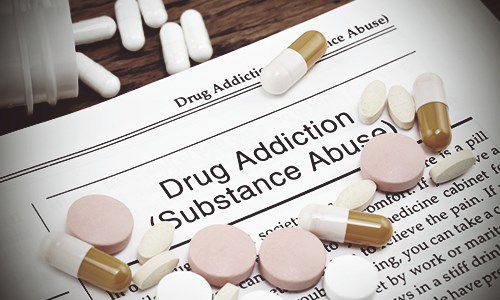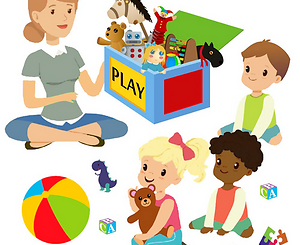Course Description:
The Addiction Counseling course provides a comprehensive overview of the fundamental concepts and practical skills necessary for working with individuals struggling with addiction. This short course aims to equip participants with a strong understanding of addiction, its impact on individuals and communities, and effective counseling techniques to facilitate recovery and promote long-term healing. Through a combination of theoretical knowledge, case studies, and experiential exercises, participants will develop the essential skills to provide compassionate and evidence-based addiction counseling.
Course Duration: 6 weeks (12 sessions)
Module 1
INTRODUCTION TO ADDICTION COUNSELLING
By the end of the module, the trainee should be in apposition to understand the following:
Specific objectives
- Definitions of addiction terms
- Introduction to addictions
- Features of clinical diagnosis of addiction
- Commonly abused drugs
- Addiction and brain
- Causes of addiction
- Treatment of addiction
MODULE 2
BEHAVIORAL ADDICTION
Sex addiction and gambling and others
By the end of the module, the trainee should be in apposition to understand the following:
Specific objectives
- Sex addiction
- Give meaning of sex addiction
- Types of sex addiction
- Symptoms of sex addiction
- Causes of sex addiction
- Impact of sex addiction
- Treatment of sex addiction
- Gambling
- Meaning of gambling addiction
- Types of gambling addiction
- Symptoms of gambling addiction
- Causes of gambling addiction
- Other examples of behavioral addictions
MODULE 3
FAMILY THERAPY FOR SUBSTANCE ABUSE AND ADDICTION
By the end of the module, the trainee should be in apposition to understand the following:
Specific objectives
- Meaning of family therapy in addictions
- Types of family therapy
- Benefits for family therapy for addiction
MODULE 4
Substance use and co-curing mental disorders
By the end of the module, the trainee should be in apposition to understand the following:
Specific objectives
- Introduction
- Behavioral therapies
- Diagnosis and treatment
- Common co-curing disorders
Teaching Methodology:
The Foundations of Addiction Counseling course employs various teaching methodologies to create an engaging and interactive learning experience, including:
– Lectures and presentations: Instructors will deliver informative lectures and presentations to introduce theoretical concepts, research findings, and evidence-based practices in addiction counseling.
– Case studies and experiential exercises: Participants will engage in case studies, role plays, and experiential exercises to apply theoretical knowledge to practical counseling scenarios.
– Group discussions and peer learning: Participants will have opportunities for group discussions to share insights, perspectives, and experiences related to addiction counseling.
– Guest speakers: Experienced addiction counselors or experts in the field may be invited to share their expertise and provide real-world insights.
– Self-reflection and self-assessment: Participants will engage in self-reflection activities to enhance self-awareness, explore personal biases, and promote professional growth.
– Resource sharing: Participants will have access to a curated collection of resources, including readings, videos, and websites, to deepen their understanding of addiction counseling.
By the end of this course, participants will have gained a strong foundation in addiction counseling, enabling them to provide effective support, guidance, and intervention to individuals struggling with addiction, and contribute to their journey of recovery and long-term well-being.
Course Features
- Lectures 45
- Quizzes 4
- Duration 10 weeks
- Skill level All levels
- Language English
- Students 0
- Certificate Yes
- Assessments Yes





